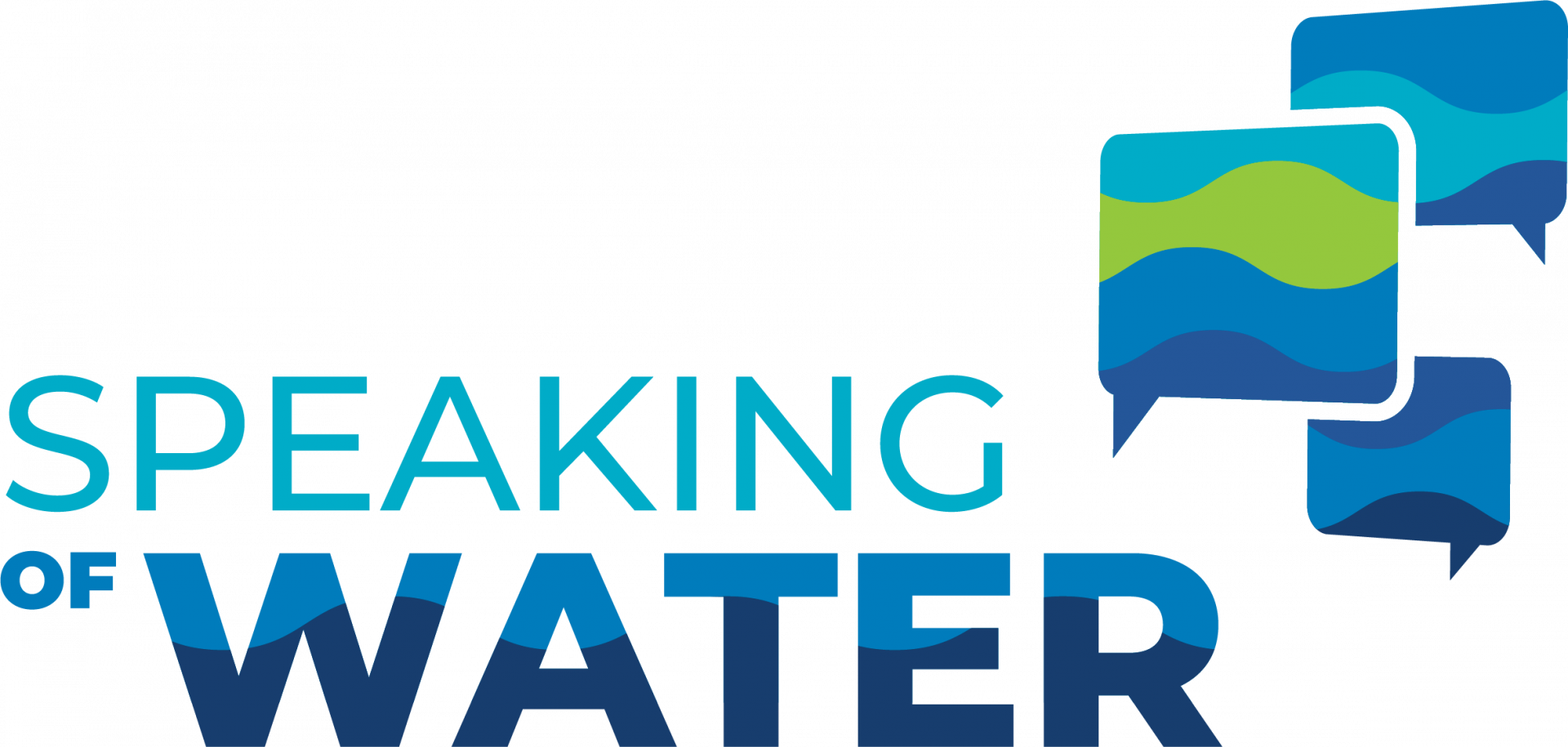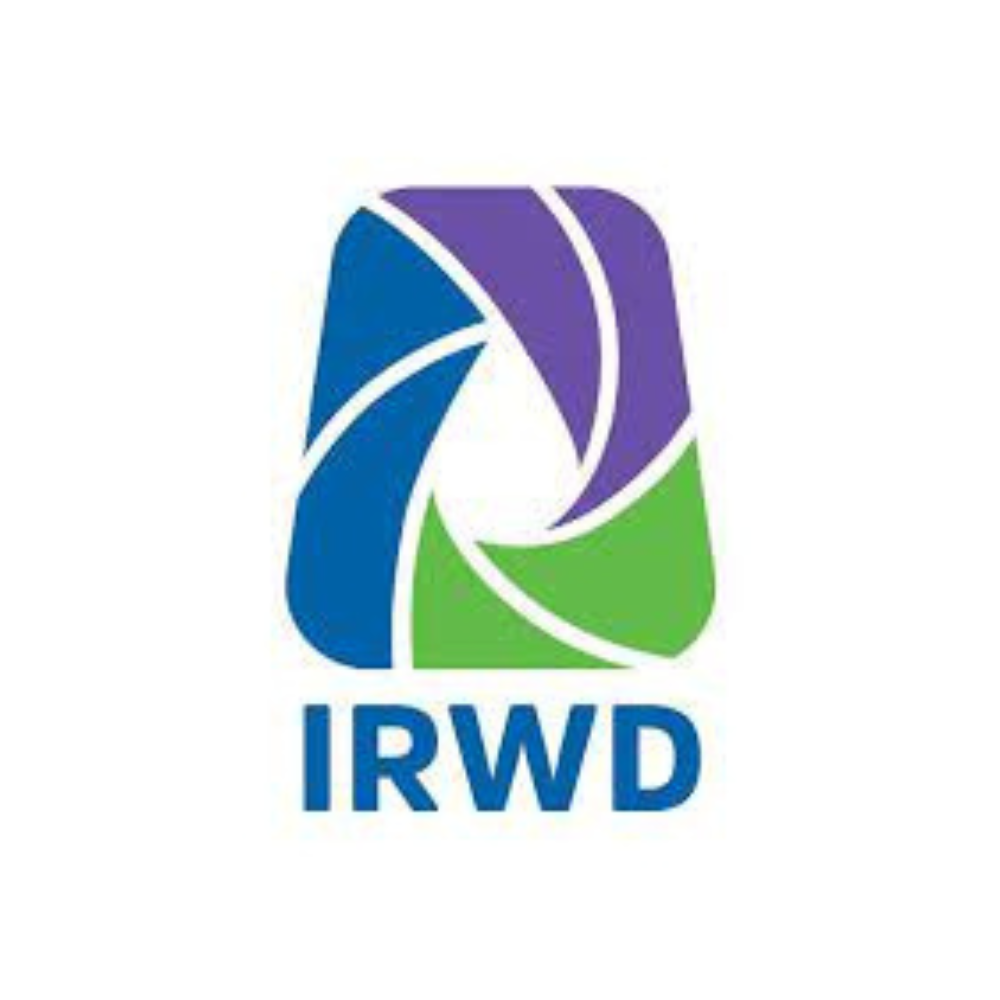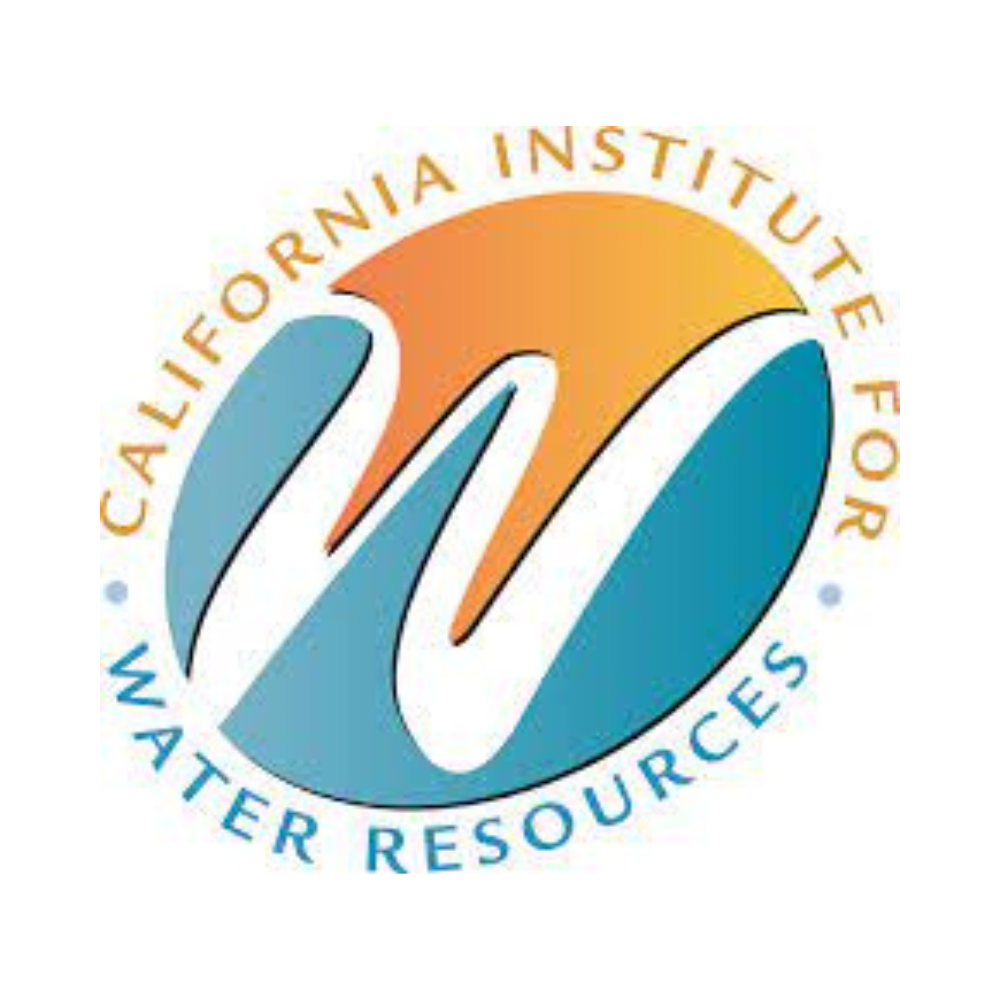
How much per- and polyfluoroalkyl substances (PFAS) do households contribute to municipal wastewater
Per- and polyfluoroalkyl substances (PFAS) are toxic, persistent, and hardly removed by traditional wastewater treatment approaches. As a result, their presence in wastewater could lead to environmental exposure through wastewater effluent and sludge, and challenge water recycling practices. While industrial emission is a significant source of PFAS in wastewater, PFAS are present in household products and occur in household wastewater. PFAS composition and concentration in domestic wastewater and how they come about need to be better understood. In this talk, Dr. Adeleye will share insights from an ongoing study to assess the contribution of households within residential sub-sewersheds to the PFAS loading in raw wastewater. In addition, he will present the data obtained from analyzing black and grey water generated in about 40 households to identify the primary sources of PFAS in household wastewater. The outcome of this type of study will help wastewater treatment plants predict the contribution of their residential dischargers to their influent PFAS loading, and guide policy-makers and scientists/engineers on how to address household PFAS contribution.
- Date: 3/8/24
- Time: 4:00pm
- Address: Virtual webinar held on Zoom, click on RSVP to register
EVENT SPEAKER:

Dr. Adeyemi Adeleye
Assistant Professor at the University of California, Irvine
Dr. Adeyemi Adeleye’s research cuts across multiple disciplines, including water chemistry, environmental and analytical chemistry, environmental nanotechnology, and biogeochemistry. He earned his Ph.D. from the University of California, Santa Barbara in 2015. In 2016, Dr. Adeleye was awarded a National Research Council Research Associateship by the National Academies of Sciences Engineering and Medicine, which he spent as a postdoctoral researcher at the US Environmental Protection Agency’s research laboratory in Rhode Island. He is a member of the C&EN’s Talented 12 Class of 2022 and won the 2022 Sustainable Nanotechnology Organization (SNO) Emerging Investigator Award.
2024 SERIES PARTNER SPONSORS:





